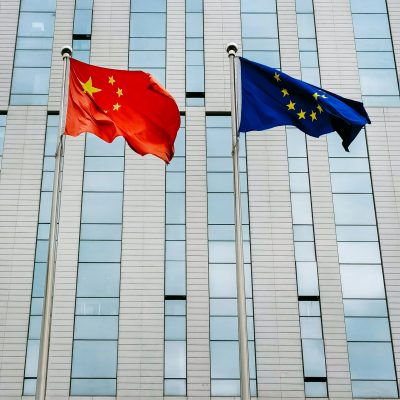The migration-development nexus: time for a paradigm shift
The EU has long endorsed international discourse on migration as a ‘tool’ for development that aims at harnessing remittances and diasporas to maximize their positive impacts on development and poverty reduction. At the same time however, the external dimension of the EU’s migration policy has essentially been framed by a securitarian approach and a move towards minimum standards on internationally codified human-rights, especially regarding family reunification. The changing global environment and the EU’s radically changed neighbourhood have made it amply clear that this approach needs to be adapted to the new realities. The division of competencies between the Community and the Member States on migration issues does not allow the EU to deliver on the declared pledge for a coherent and comprehensive approach to development and migration. It is time for a paradigm shift that will reshuffle priorities to make room for a rights-based, and not only a security-based, approach to migration, and one that will sit more comfortably on the migration-development nexus.

This Policy Paper is a contribution of Ruby Gropas (Eliamep), to the project Think Global – Act European (TGAE). Thinking strategically about the EU’s external action directed by Notre Europe – Jacques Delors Institute (report available in March 2013, dir. Elvire Fabry, Senior Research Fellow, Notre Europe – Jacques Delors Institute).




